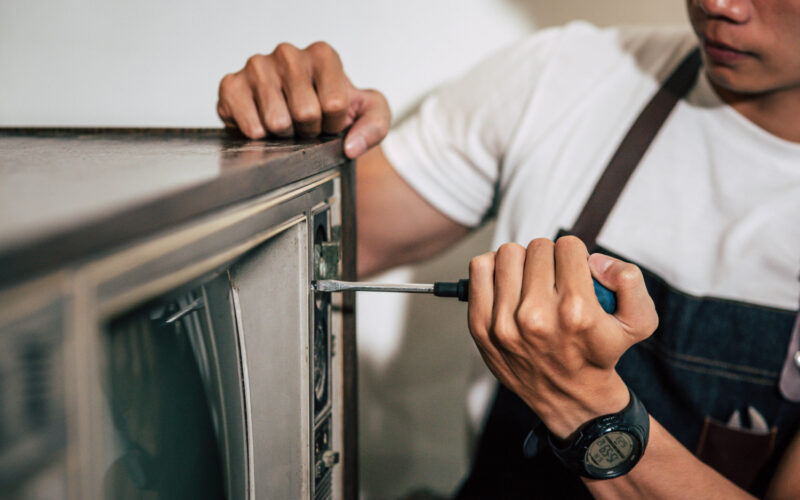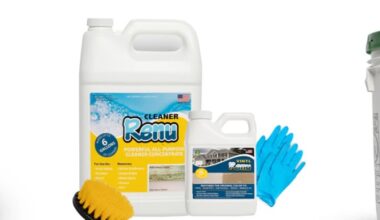Maintaining your refrigerator is crucial for ensuring its longevity and efficiency. Refrigerator preventive maintenance helps avoid unexpected breakdowns and keeps your appliance running smoothly. In addition to regular upkeep of your refrigerator, understanding when to seek professional help, such as for microwave repair services, can also contribute to a well-maintained kitchen.
What is Refrigerator Preventive Maintenance?
Refrigerator preventive maintenance involves a series of routine tasks designed to keep your refrigerator in optimal working condition. These tasks are simple yet effective and can significantly enhance the performance and lifespan of your appliance.
1. Clean the Coils
The condenser coils, usually located at the back or underneath the refrigerator, play a crucial role in dissipating heat. Over time, these coils can accumulate dust and debris, which can lead to reduced efficiency and increased energy consumption. To maintain your refrigerator’s performance, clean the coils every six months using a vacuum or a coil cleaning brush.
2. Check and Replace Door Seals
The door seals of your refrigerator are essential for maintaining proper temperature and preventing energy loss. Check the seals regularly for any signs of wear or damage. If the seals are cracked or not sealing properly, replace them promptly to ensure your refrigerator operates efficiently.
3. Keep the Interior Clean
A clean refrigerator interior is not only more hygienic but also contributes to better performance. Regularly remove expired or spoiled food items, and wipe down shelves and bins with a mild cleaner. This helps prevent unpleasant odors and mold growth.
4. Maintain Proper Temperature Settings
Ensure that your refrigerator is set to the optimal temperature, typically between 35°F and 38°F (1.6°C to 3.3°C). A temperature that is too low can lead to excessive ice buildup, while a temperature that is too high can result in food spoilage. Use a thermometer to regularly check the internal temperature and adjust as needed.
5. Inspect the Drip Pan
The drip pan, located at the bottom of the refrigerator, collects condensation and excess water. Check the drip pan regularly for any signs of leaks or mold. Clean it as needed to prevent water damage and maintain proper drainage.
6. Schedule Professional Inspections
While routine maintenance can be performed by homeowners, it’s also essential to schedule professional inspections periodically. A technician can perform in-depth checks and address any potential issues that may not be immediately apparent. If you encounter problems with other kitchen appliances, such as a microwave, consider seeking a microwave repair service to ensure all your appliances are functioning correctly.
Conclusion
Refrigerator preventive maintenance is a straightforward yet effective way to extend the life of your appliance and maintain its efficiency. By following these simple steps—cleaning the coils, checking door seals, keeping the interior clean, maintaining proper temperature settings, inspecting the drip pan, and scheduling professional inspections—you can prevent common issues and enjoy a well-functioning refrigerator for years to come. Remember, regular maintenance not only helps avoid costly repairs but also ensures that your kitchen appliances, including your refrigerator and microwave, continue to serve you effectively.
By investing a little time and effort into preventive maintenance, you can protect your investment and enjoy the peace of mind that comes with knowing your appliances are in good shape.







